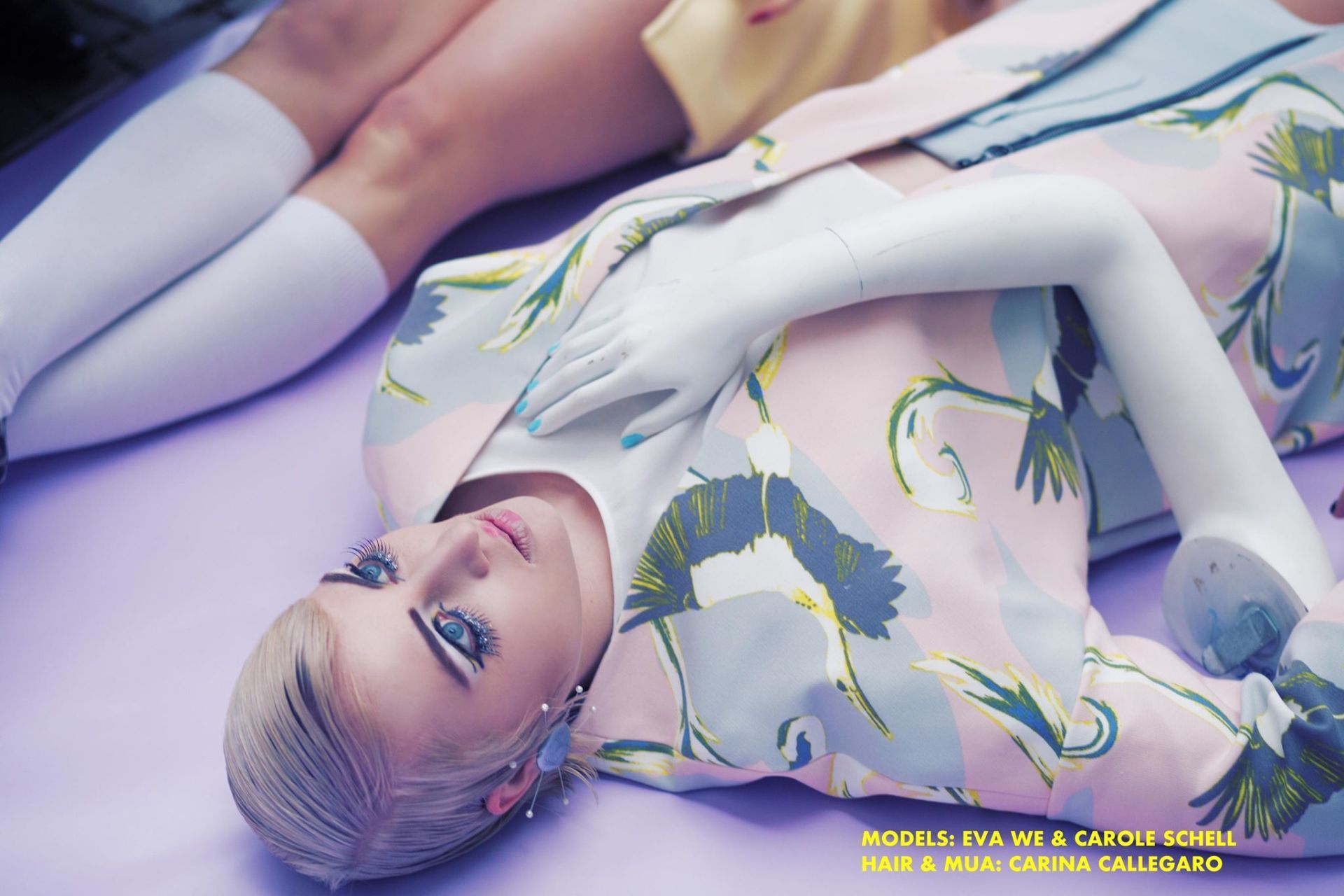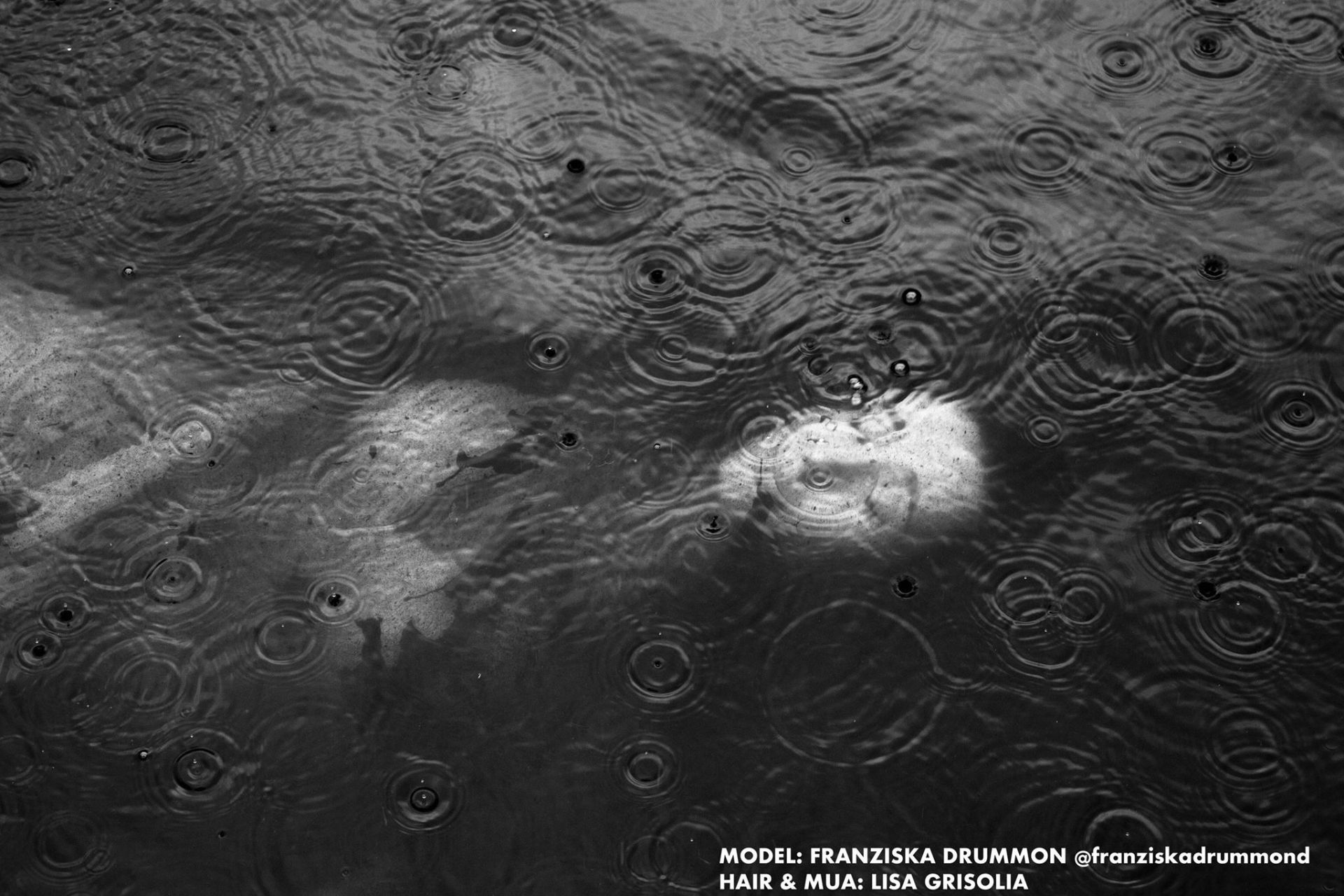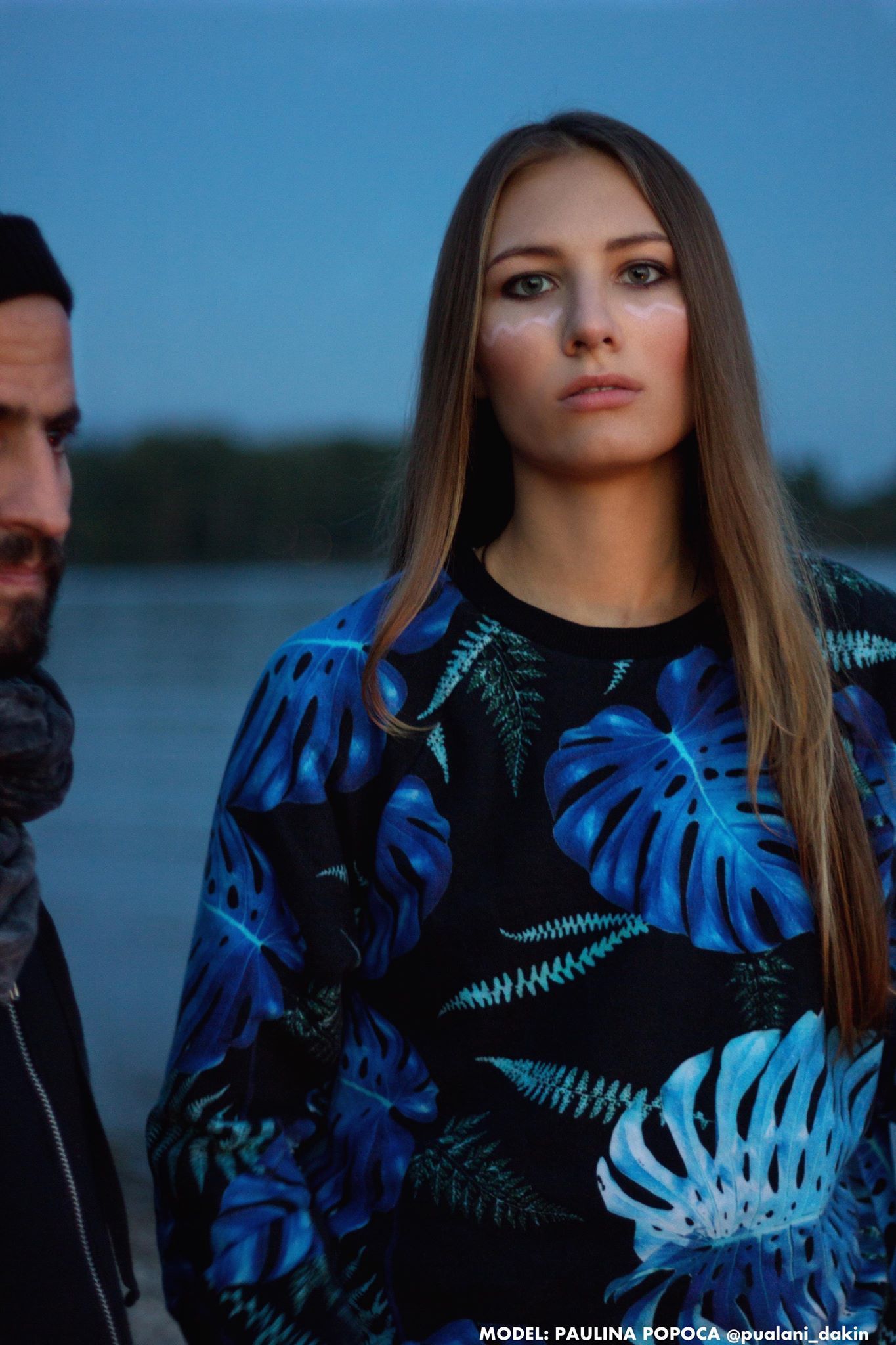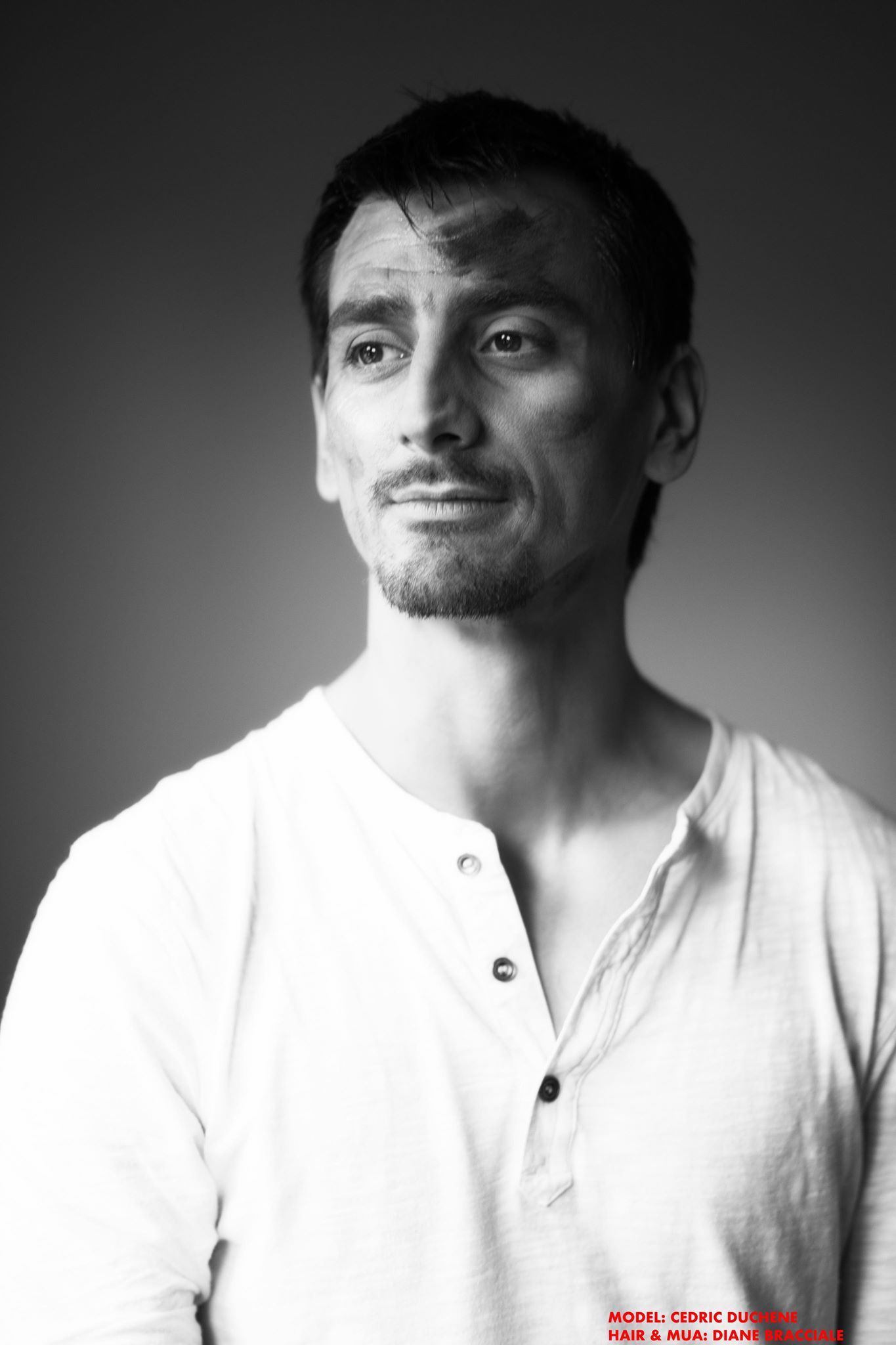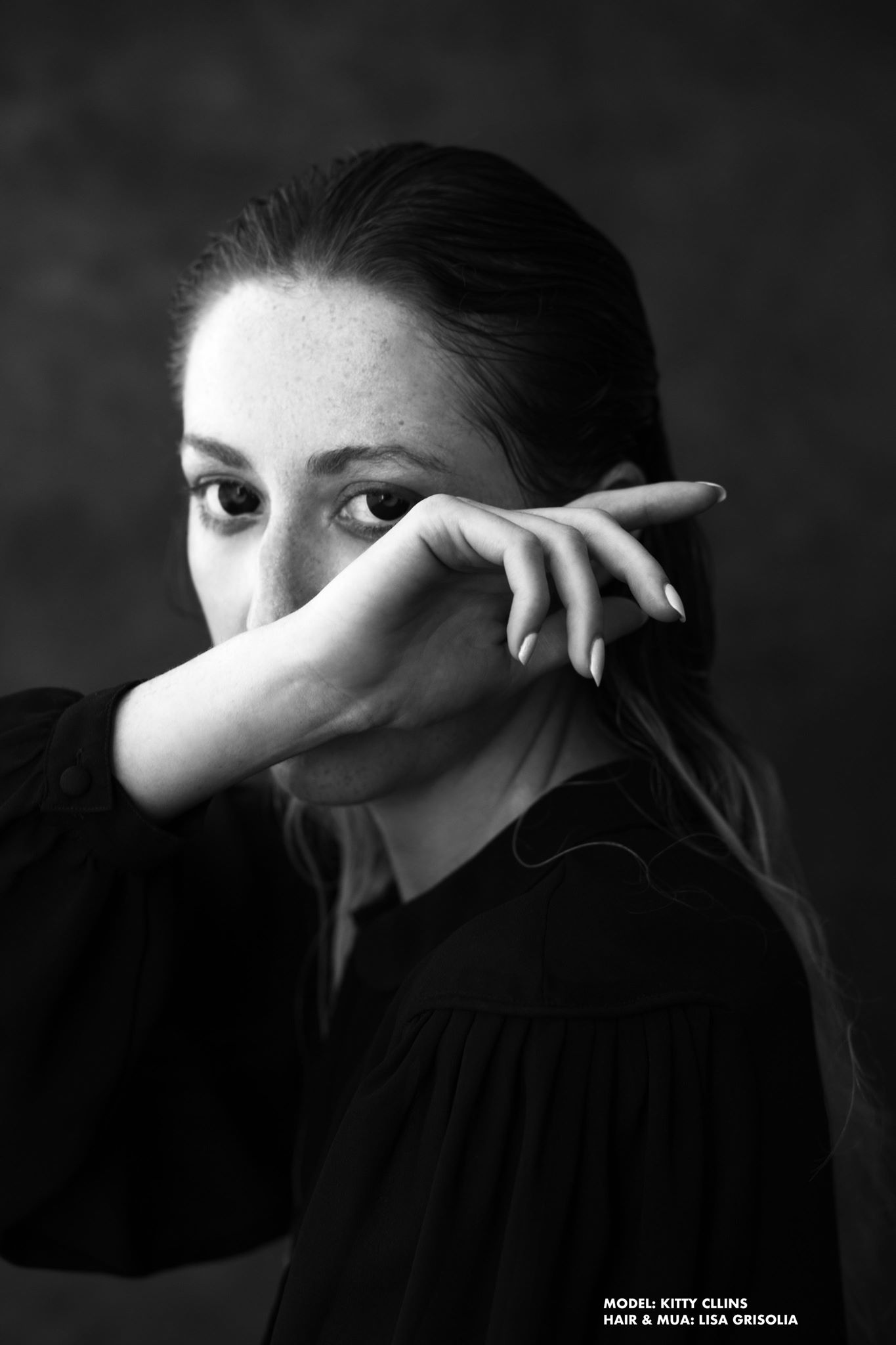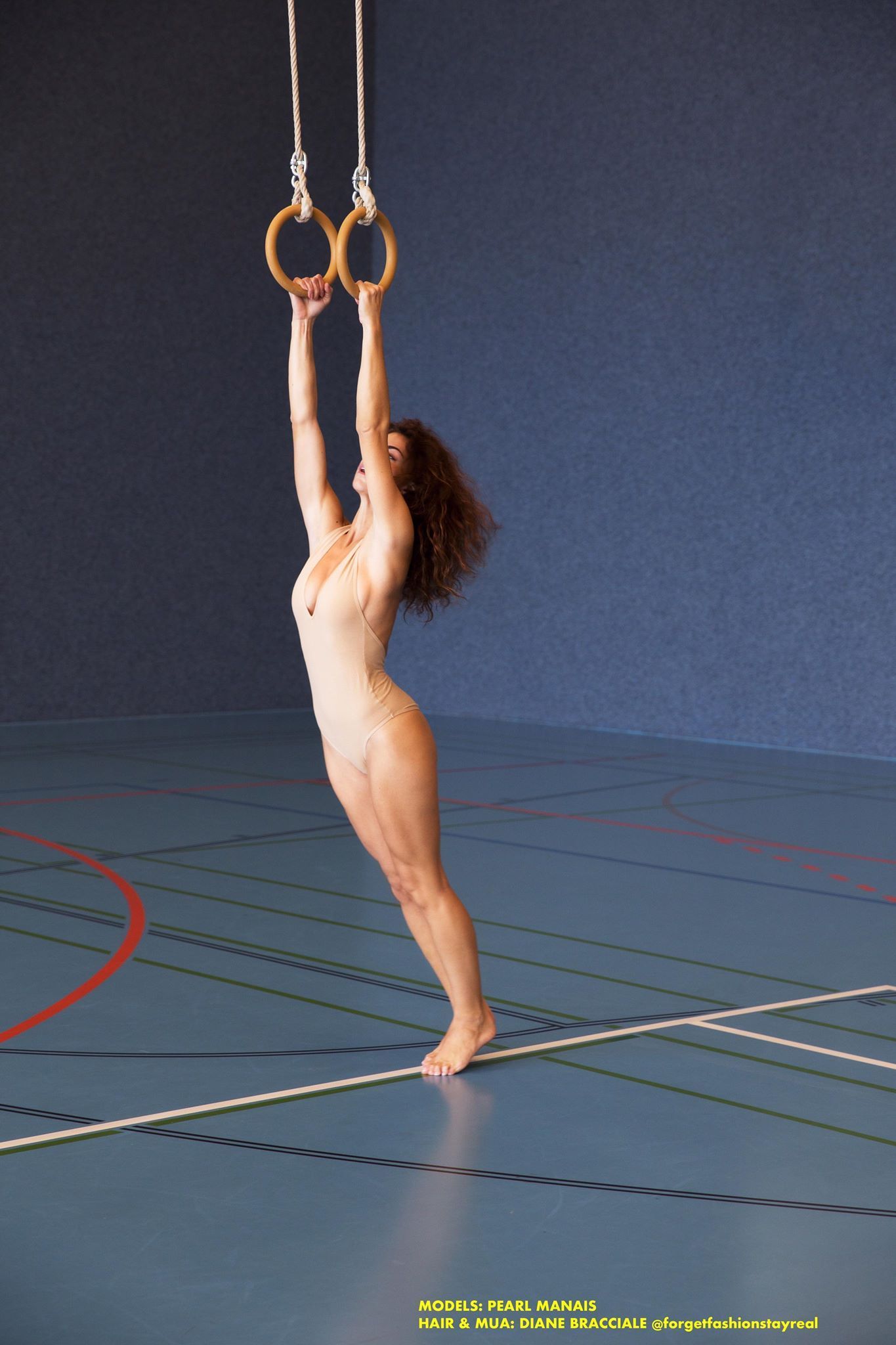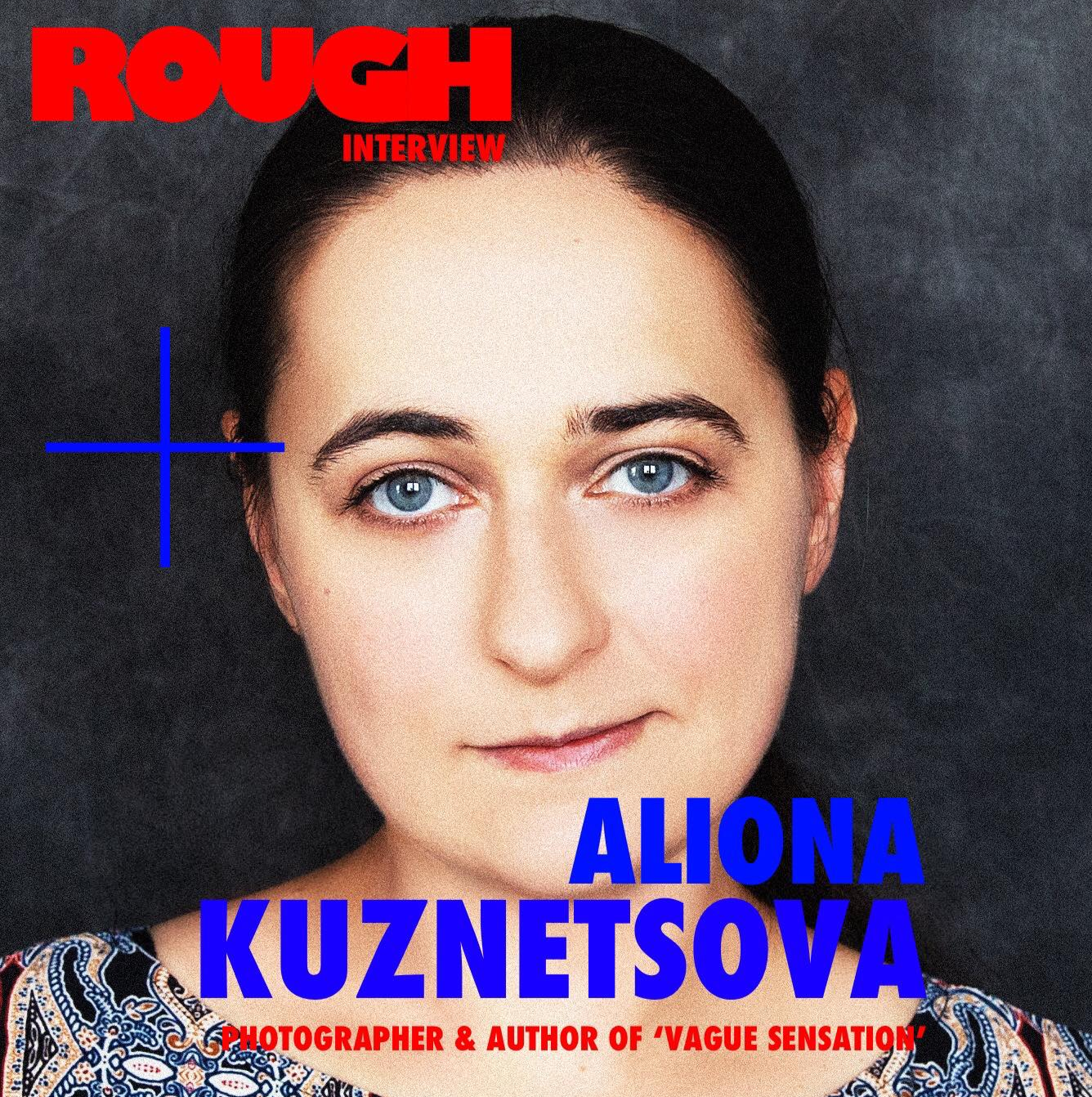
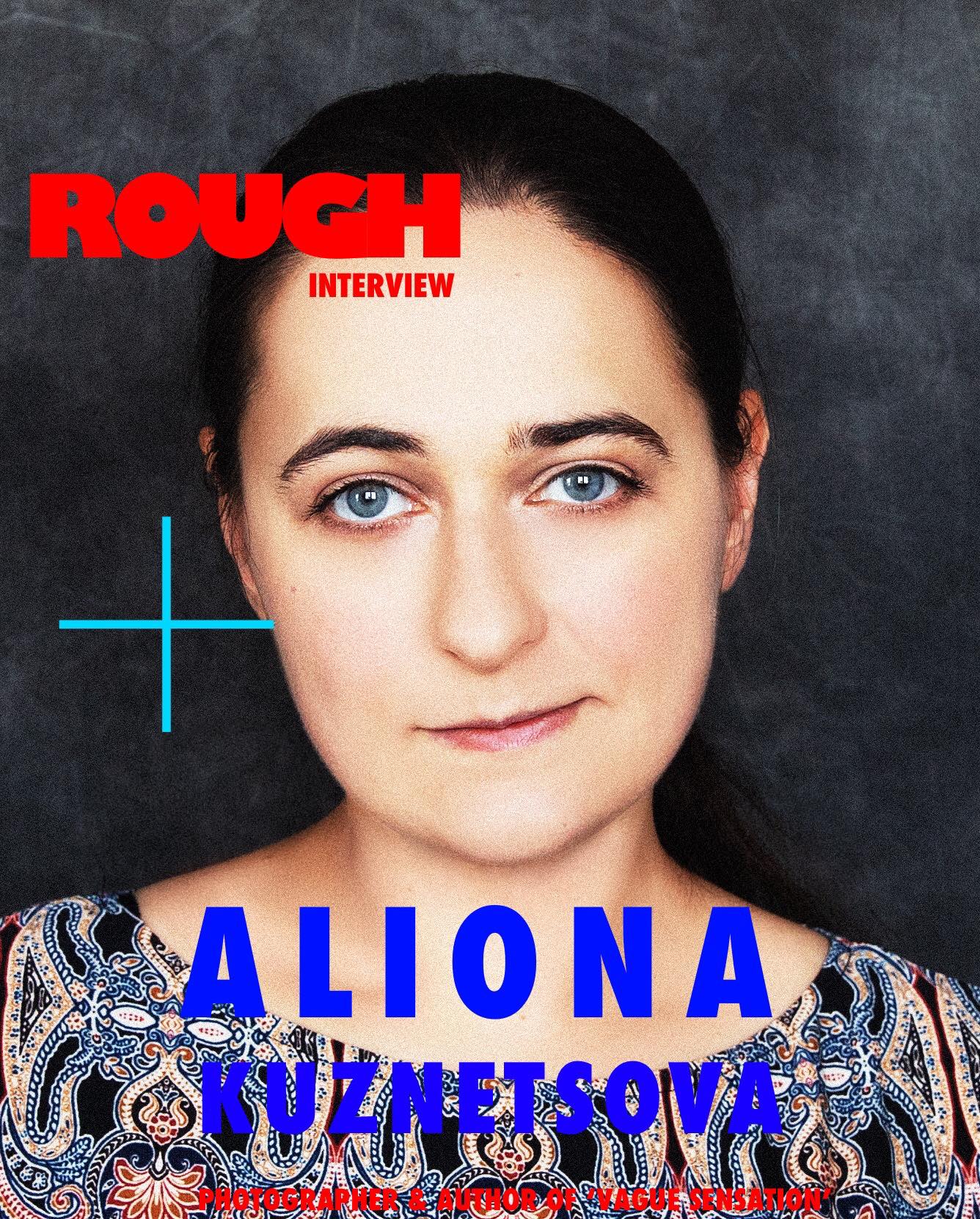
San Francisco based Aliona Kuznetsova is a self-taught photographer whose work has been featured in publications, such as Forbes, Marie Claire, Elle Swiss and many more. ROUGH had the opportunity to sit down and talk to Aliona about her most recent personal project, a photo book called “Vague Sensations” that will be released this September.
Vague Sensations is a result of 12 years of visual research focused upon a series of complex emotions. It will include 53 of the best pictures and several short essays put into stylish linen-covered coffee-table book signed for you by the artist.
The book is aimed at people who believe that emotions are prime drivers in defining the human condition and help us to feel alive. It’s also for the people who want to develop their emotional intelligence and empathy. Melancholy, for example, has long been used as an emotion to engage audiences across the Arts and it can be as uplifting as any other emotion.
“Through all my life – four countries I lived in, dozens of cities I travelled to, a mood disorder I am battling, meeting and parting with my closest friends – my art has been a silver lining that helped me day by day to refine the understanding of who I really am” and who she is and her image making is worthy of the reader's attention.
ROUGH: When did your passion for photography start and what were the first pictures you took?
ALIONA KUZNETSOVA: I have always loved photography. My first memory of it is when I used to watch my father use film photographs. Unfor- tunately, later on during the 90s in Ukraine, we didn’t have much money to buy film, print pictures or anything else. It was only when I went to college that I started discovering photography, it was also around the time when digital photo- graphy first appeared. I remember these very low-quality pictures of sunsets and cats, which were my first attempts at digital photography. They were nothing special, but it allowed me to experiment with digital techniques without having to pay for each picture.
ROUGH: When you look back at your first works do they reflect the essence of who you are today?
ALIONA KUZNETSOVA:I think it has evolved, but it hasn’t changed. To me, it was always about human emotions and being able to capture them through my work. My aesthetic has always rotated around light, colours and shapes. With a model, I try to establi- sh a strong emotional connection by linking to her life experiences to create something with real authenticity
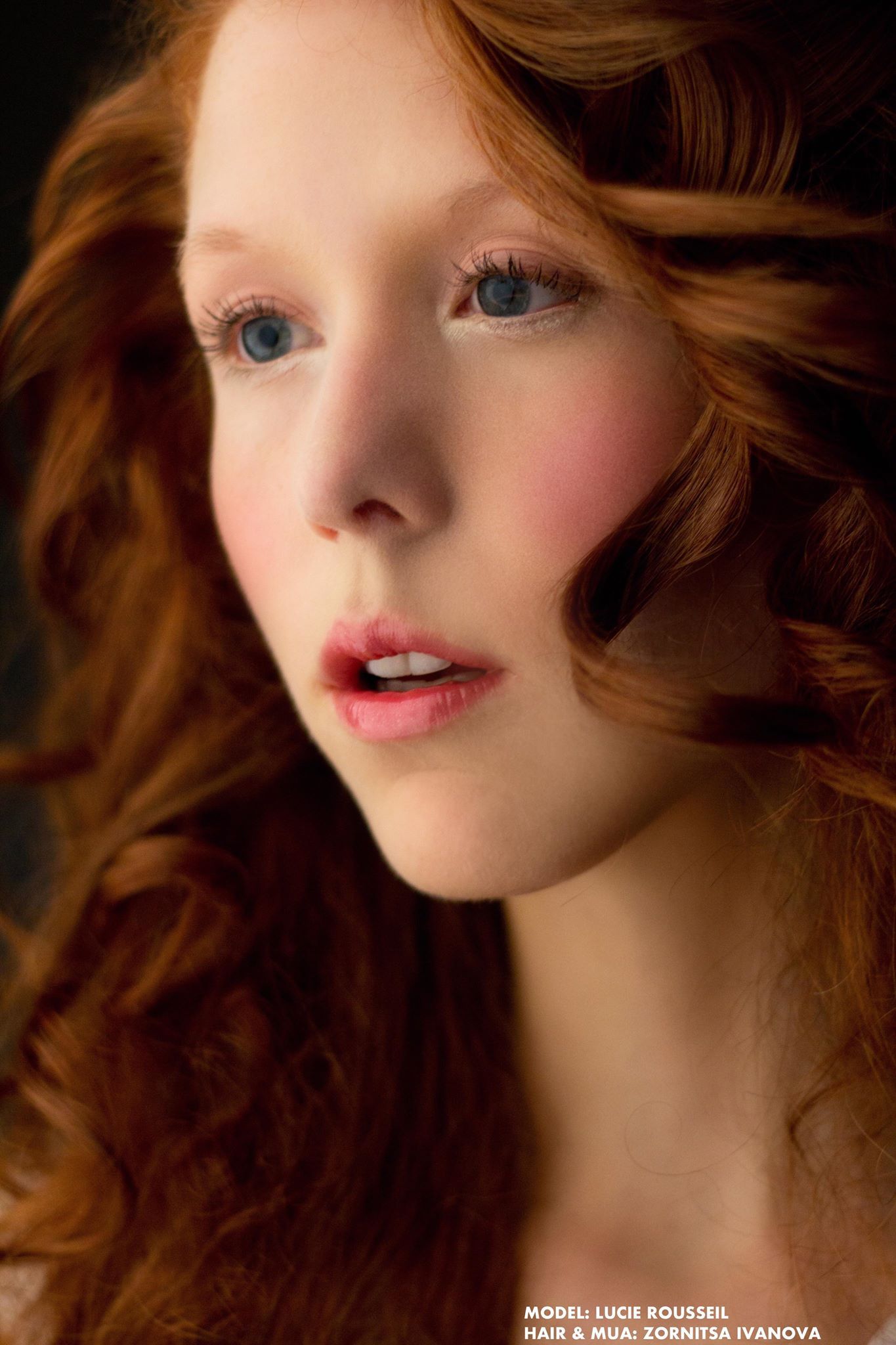
ROUGH: Your latest work appears to want to communicate on an emotional platform. Is being vulnerable through your art something you are comfortable with or do you use your work as a barrier between yourself and the viewer?
ALIONA KUZNETSOVA:No, there are no walls, no barriers. My work has always been an honest representation of what I feel. I’m someone who has mood disorders, so for me, it’s also a way to express that fact and at the same time take ownership of my true feelings and at the same time take ownership of my story. In fact, I almost finished the work on my first photo-book, that will become available in early September. It's the first time that I tell my story through a large cohesive body of work. I would never want to build a perfect Instagram persona that everyone is going to like. I’d rather have less people following me, who choose to support me for who I genuinely am.
ROUGH: What would you want the audience to take out of your work?
ALIONA KUZNETSOVA:I think that, especially in western culture, we tend to oversimplify emotions replacing them with a limited set of emojis. We rarely dive deeper and try to understand the complexity of what we feel, the experiences we go through and the reasoning behind the emotion. Thinking these thoughts can make you feel very isolated and that’s when I usually turn to art. Art can be very cathartic I turned to music and art to connect with myself. With my work, I aspire to do the same thing for other people.
ROUGH: You are now in your 30s, where do you think you’ll be in ten or twenty years time? Do you think that photography will still be a part of your life?
ALIONA KUZNETSOVA:Yes, I think photography will still be a solid part of my life. I recently joined a gallery here in Silicon Valley, it’s the first permanent home for my art and I want to work more on that. Ten years ago my vision was focused more on editorials and magazines, whereas now I’m the one publishing almost everything I create. The more I grow and mature in my work, the more I am drawn to a simpler approach. I’m not sure what I’ll be doing in ten years, because that’s such a big time-span these days. Previously I would’ve never been able to predict or imagine what I’m doing today, so for now, I can only fantasize about what I’ll do in the future. I am sure, however, that it will involve photography.
